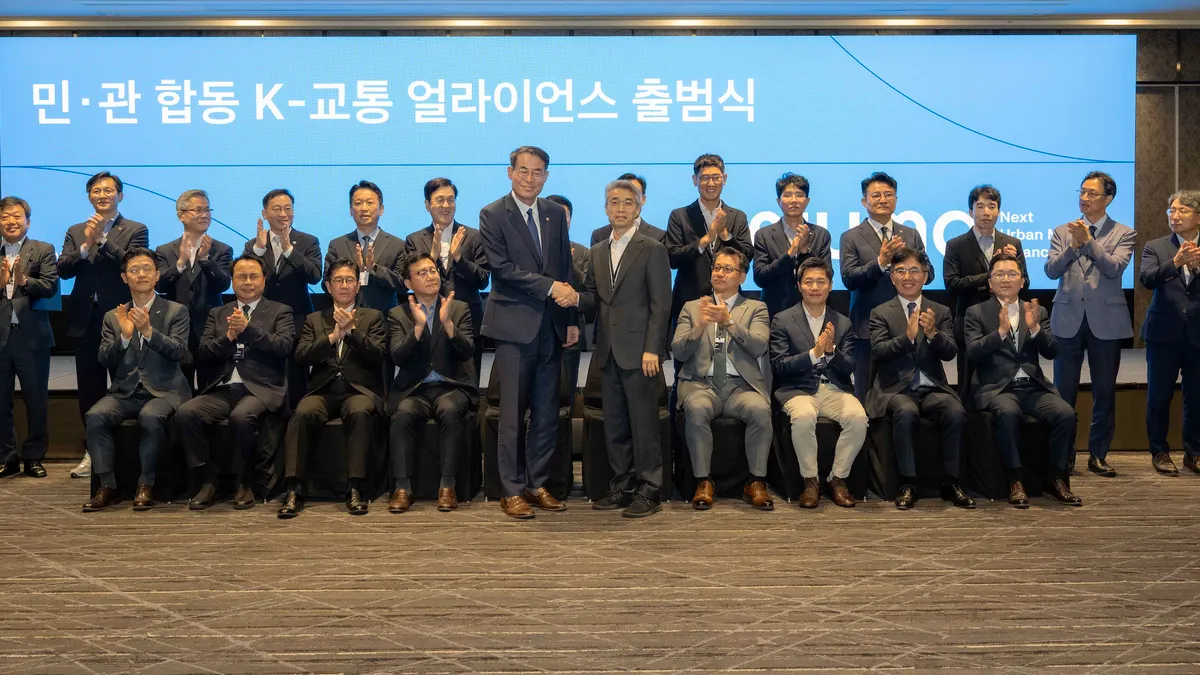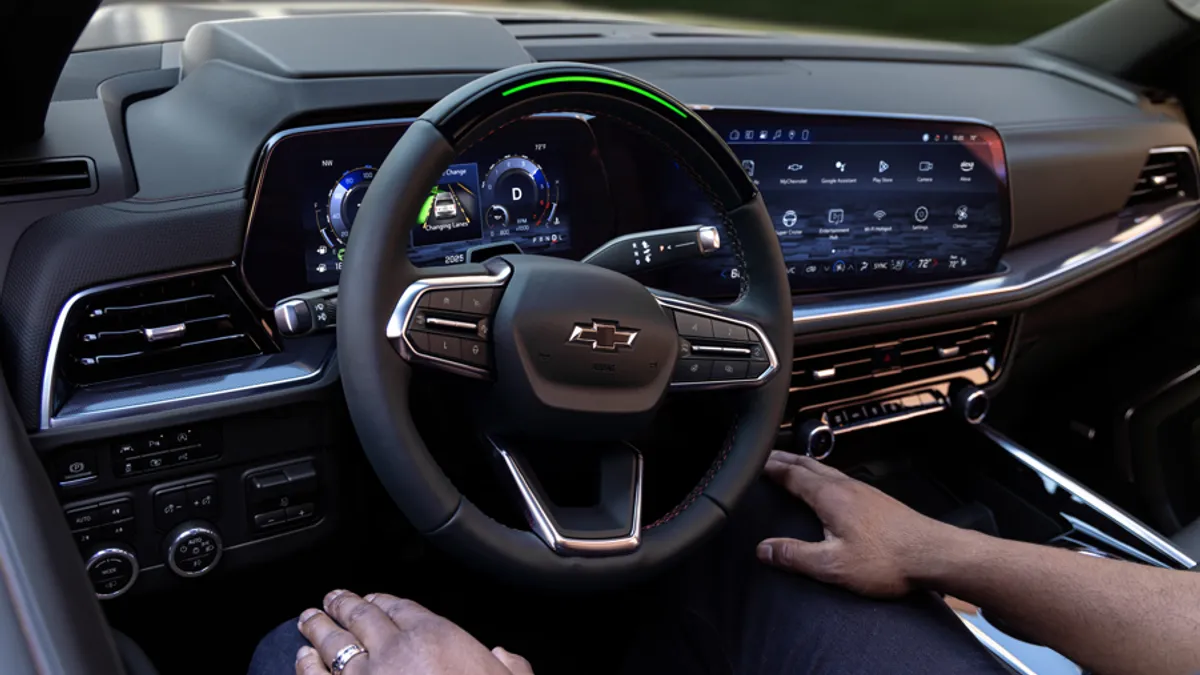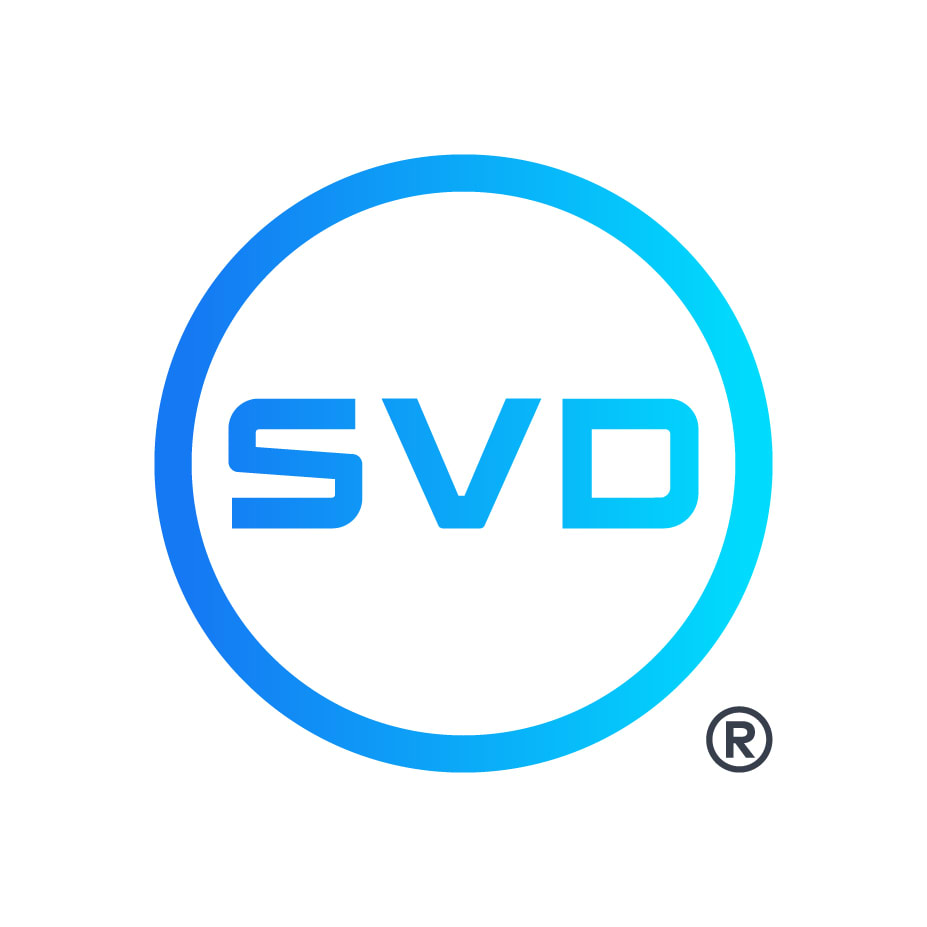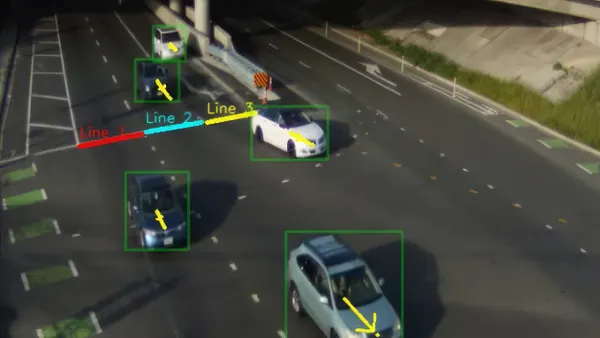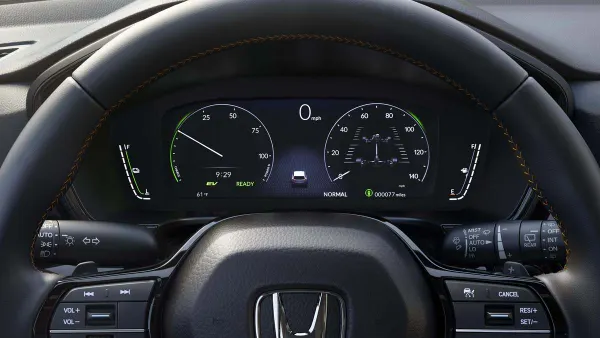Dive Brief:
- Hyundai Motor Group officially launched its “Next Urban Mobility Alliance” (NUMA), a public-private initiative to co-develop a cloud-based, urban mobility ecosystem powered by AI and autonomous driving technologies, the company announced in a Sept. 1 press release.
- The public-private initiative brings together stakeholders across government, industry and academia to collaborate on urban mobility solutions and smart city integration.
- The goal of NUMA is to expand transportation choices in cities with limited mobility options, including for people with physical limitations.
Dive Insight:
The alliance was first announced at Hyundai’s Pleos 2025 technology event in Seoul in March. NUMA is part of the automaker's long-term vision to redefine mobility using AI to connect smart city technology with software-defined, autonomous vehicles.
During the event in March, Hyundai unveiled several mobility prototypes, including AI-powered “nano mobility devices” and autonomous vehicles designed for people with limited mobility, per the release.
NUMA is centered around a three phase roadmap: using AI to improve local transportation systems, deploying autonomous mobility-as-a-service and expanding the use of AI to support the rollout of smart city technology.
“Autonomous driving and AI represent a powerful shift that will reshape our everyday life,” said Chang Song, president and head of Hyundai’s advanced vehicle platform division, in the release. “As a founding partner, Hyundai Motor Group is committed to realizing inclusive mobility through technology.”
NUMA currently has 31 participating organizations in South Korea across government ministries, public agencies, private sector companies, including Hyundai’s sister company Kia Corp., and academic and research institutions, according to the release.
The alliance will serve as a platform to demonstrate advanced mobility solutions and foster cross-sector collaboration among various stakeholders. NUMA will also focus on policy alignment to remove barriers that could slow down the deployment of advanced mobility technologies in cities.
“Mobility is no longer just infrastructure — it’s an essential service that connects people and supports daily life,” said Hee-up Kang, vice minister for transport, ministry of land, infrastructure and transport for the Republic of Korea, in the release. “I look forward to seeing the public and private sectors work together to build a more inclusive and equitable transportation environment.”
To better prepare for the rollout of new mobility technologies, Hyundai hosted the “Pleos SDV Standard Forum” on Aug. 20. The event laid out plans for a software centric collaboration framework ahead of the mass production of Hyundai future software-defined vehicles. The goal is to boost industry-wide readiness for an AI-powered mobility ecosystem.
Hyundai’s other mobility projects include “Shucle,” an on-demand, AI-powered mobility platform with dynamic routing, as well as the global “Autonomous Vehicle Foundry” launched in 2024 to supply electric vehicles with self-driving technology preinstalled to global partners. Uber is among the companies working to expand its robotaxi services through Hyundai’s Autonomous Vehicle Foundry.



